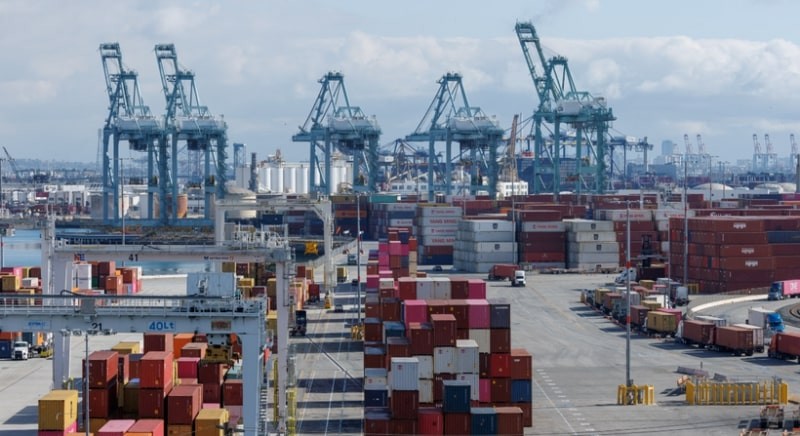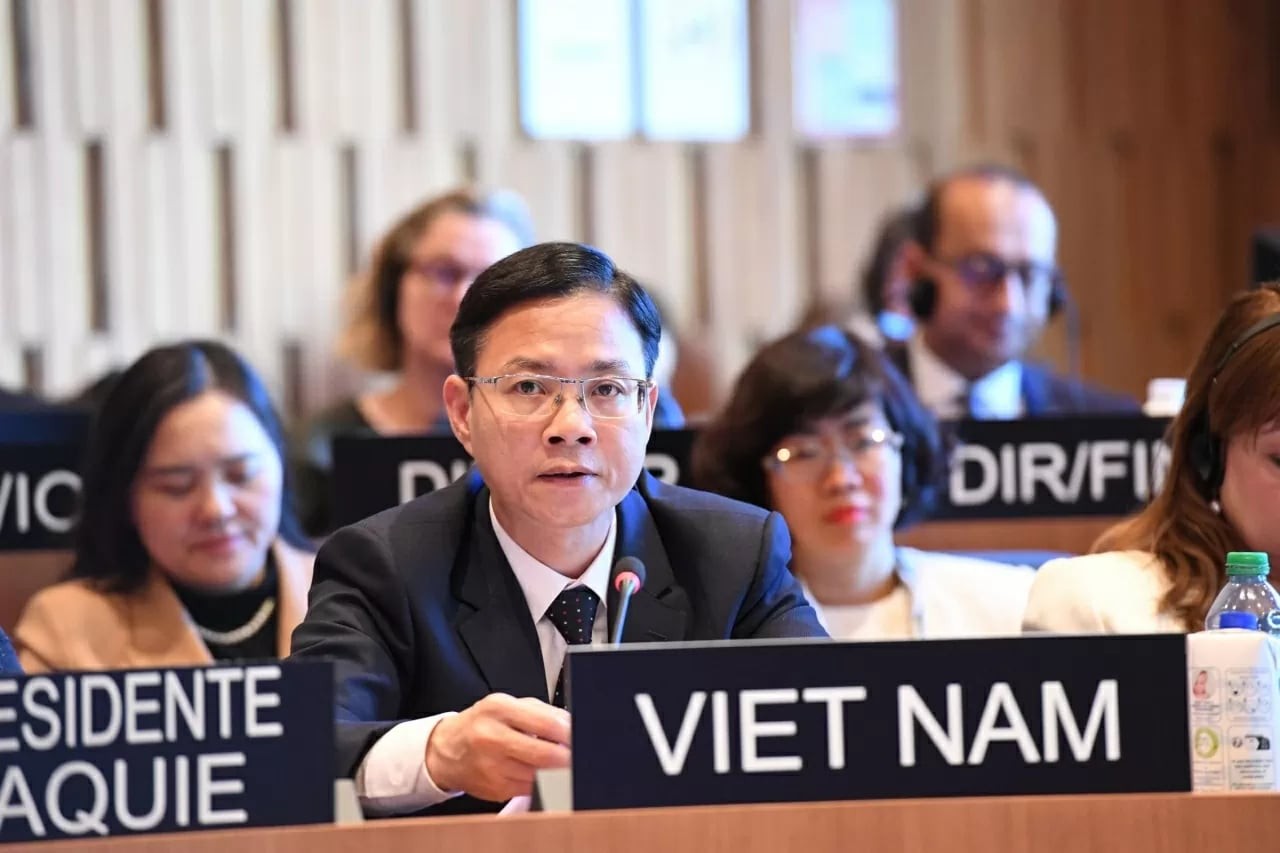Monsanto accused of destruction of environment in Vietnam
Biotech giant Monsanto “has engaged in practices which have negatively impacted the right to a healthy environment, the right to food, and the right to health’’, five international judges comprising the “Monsanto Tribunal’’ declared Tuesday.

The judges concluded that Monsanto has engaged in practices that have impinged on the basic human right to a healthy environment, the right to food and the right to health. Additionally, Monsanto's conduct has a negative impact on the right of scientists to freely conduct indispensable research.
Concerning Monsato’s possible complicity in Vietnam war, the Tribunal cannot make any definitive finding.
Nevertheless, taking into consideration the historic fact of damage to the population of Vietnam, and even to US veterans and their allies, and of destruction of the environment, the Tribunal deems that force should be given to the hypothesis that relevant evidence was available regarding the facts that Monsanto: provided the means for the US campaign in Vietnam; knew how its products would be used; and had information on the damaging effects to health and the environment.
Finally, the Tribunal is of the view that, would the crime of Ecocide be included in the Rome Statute and encompass environmental crimes as a fifth international crime, it could address those acts of destruction of the environment committed in Vietnam.
With 21,000 employees in 66 countries and $15 billion in revenue, Monsanto is a biotech industry heavyweight. The St. Louis, Mo.-based monopolizer of seeds is the poster child for an industry that is the source of at least one-third of global anthropogenic greenhouse gas emissions, and is largely responsible for the depletion of soil, water and biopersity. Not to mention the company’s marginalization—and sometimes terrorization—of millions of small farmers.
Since the early 20th century, Monsanto has marketed highly toxic products that have contaminated the environment and permanently sickened or killed thousands of people around the world. One of the most toxic of its products include 2,4,5 T –a component of Agent Orange containing dioxin which was used by the US military during the Vietnam war and continues to be a major cause of birth defects and cancers.
The Monsanto Tribunal is an international civil society initiative in which the judges considered six questions that are relevant not just in relation to Monsanto, but to all companies involved in shaping the future of agriculture. The six questions are: Right to a healthy environment, Right to food, Right to health, Freedom of expression and academic research, Complicity in war crimes and Ecocide.
The citizens’ tribunal judges will not have the power to adopt binding decisions. But they will issue opinions which will provide victims and their legal counsel the arguments and legal grounds for further lawsuits against Monsanto within their national jurisdictions.
Throughout history, citizens' tribunal have been an effective tool for highlighting the need to change international law so that victims of transnational companies have a means to legal redress. They are most successful when they are able to attract media attention, and are endorsed and supported by millions of citizens, throughout the world./.
Ngoc Tran
Recommended
 World
World
Vietnam’s 50-year Reunification Celebration Garners Argentine Press’s Attention
 World
World
"Will continue offering our full support to Indian govt": US FBI Director after Pahalgam attack
 World
World
"Great Leader": JD Vance Lauds PM Modi During His India Visit
 World
World
Trump’s Tariff Pause: A Strategic Move from “The Art of the Deal”?
 World
World
"Indian Navy's participation in AIKEYME exercise matter of great happiness": Admiral Dinesh Kumar Tripathi
 World
World
ASEAN and US Tariff Dilemma: Hybrid Approach to Global Trade Tensions
 World
World
Vietnam Affirms Its Active and Responsible Role at UNESCO
 World
World
